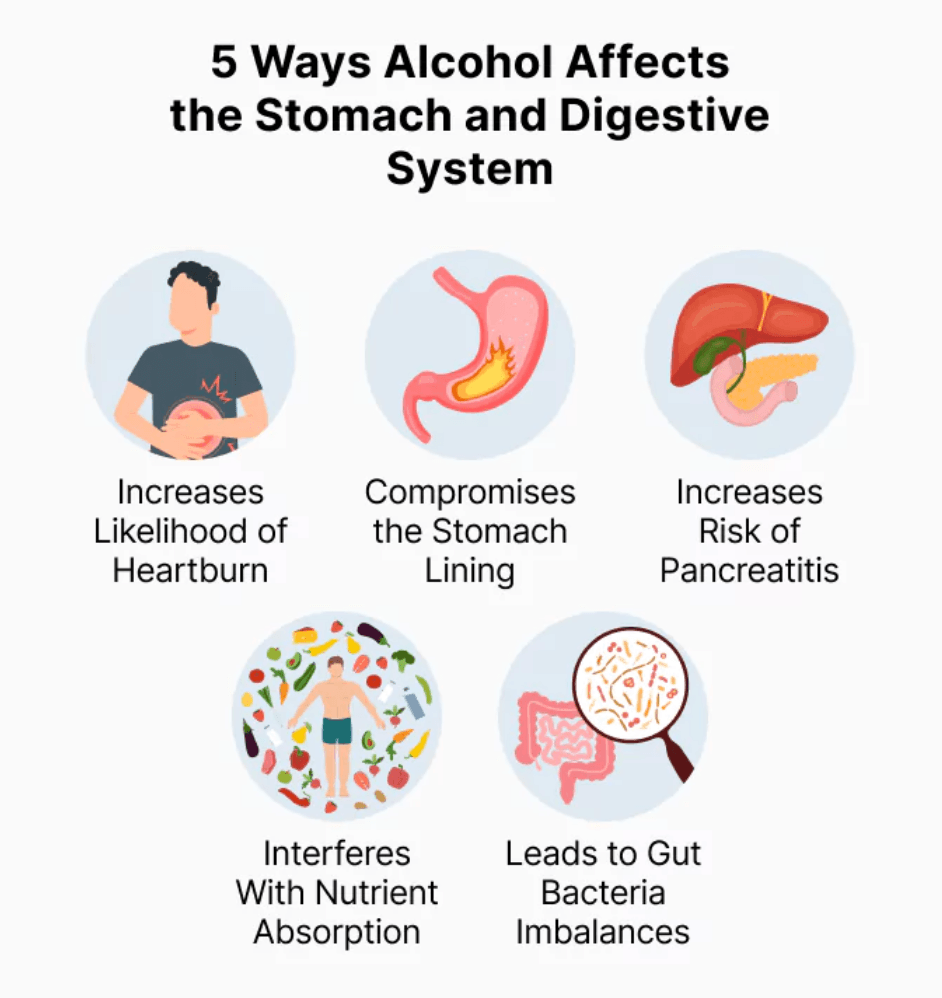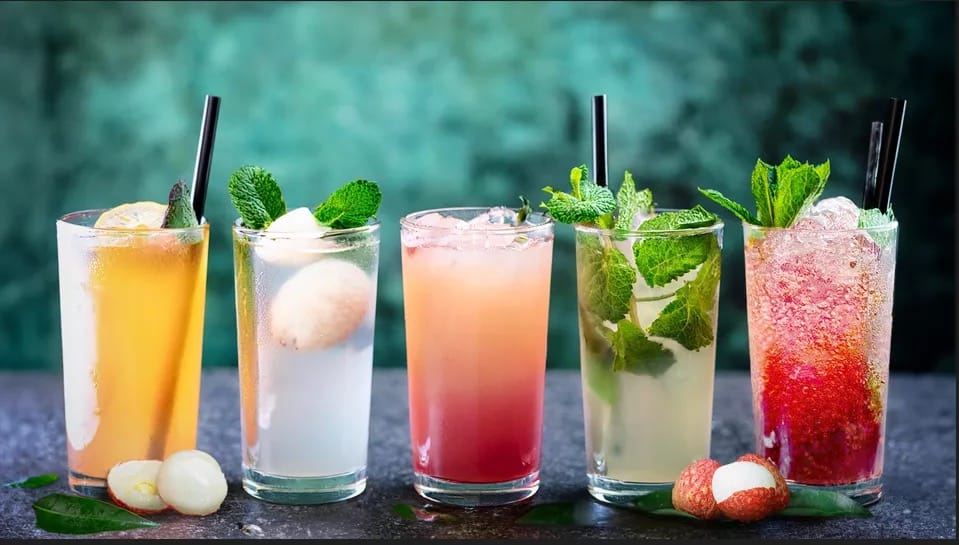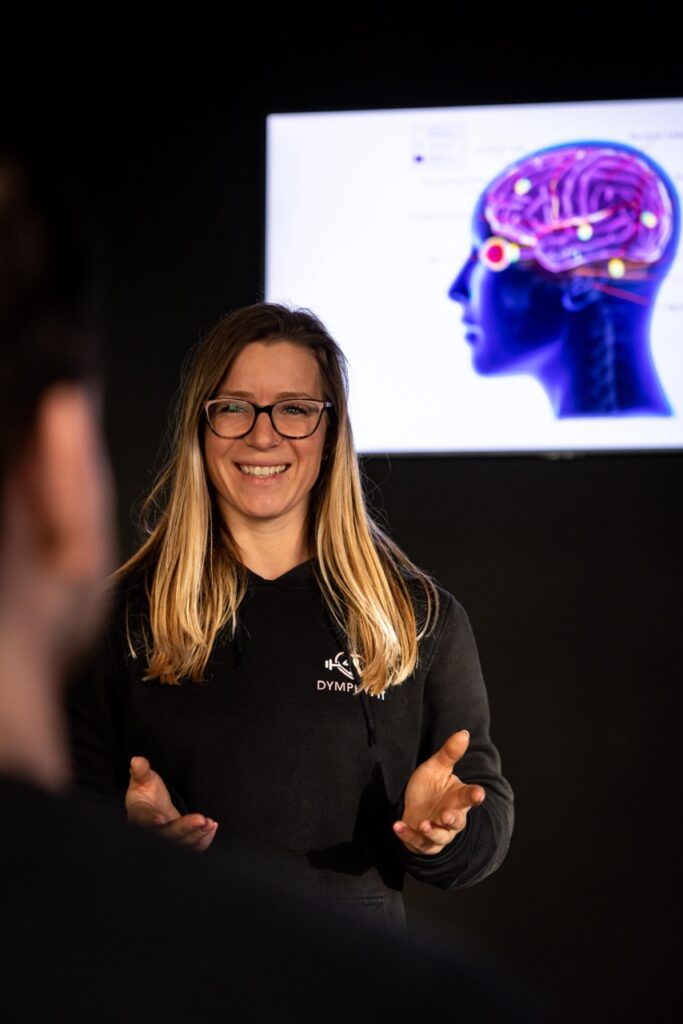The Truth About Alcohol: What Science Really Tells Us
Ever noticed how one glass of wine can feel like a stress reliever after a long day — but somehow leaves you feeling foggy, tired, or even anxious later in the week? Alcohol has been part of human culture for thousands of years, celebrated as a social glue, a reward, a ritual. Yet beneath that friendly glass lies a surprisingly complex biological story — one that every health-minded person deserves to understand.
In this blog, we’ll explore how alcohol truly affects your body and mind — from your sleep, hormones, and mood to your gut health, long-term wellbeing, and even your metabolism. We’ll uncover the science behind that morning-after anxiety, the myth of “healthy red wine,” and why skipping alcohol might be the best thing you can do for your performance, focus, and energy levels.
This isn’t a lecture. It’s your practical, science-based guide to what really happens when you drink — and how to make mindful choices that support your goals.
The Two Faces of Alcohol
You pour a drink, take a sip, and within minutes you feel lighter, looser, and more sociable. That’s because alcohol quickly crosses the blood-brain barrier, lowering activity in the prefrontal cortex — the part of your brain that handles judgment and impulse control.
But your body? It sees alcohol for what it is: a toxin. The moment it hits your system, your liver drops everything to prioritize breaking it down. Fat burning, blood-sugar regulation, hormone balance — all take a back seat. So while you might feel relaxed, your body is working overtime.
The Sleep Illusion
Alcohol may make you sleepy, but it doesn’t help you sleep. In fact, it’s one of the biggest sleep disruptors out there.
Alcohol:
- reduces deep REM sleep — the phase your brain uses to recover.
- raises your core body temperature, making you restless.
- throws off melatonin, your natural sleep hormone.
- causes micro-awakenings you don’t even remember.
Even one drink can interfere with sleep quality. The result? You wake up feeling groggy, with higher cortisol (stress hormone) levels and lower emotional resilience.
Hormones, Mood, and Cancer Risk
Alcohol quietly hijacks your hormonal system. It increases the conversion of testosterone into estrogen, leading to decreased muscle growth, fat gain, and changes in mood or libido.
Worse, research links alcohol to increased cancer risk — especially breast cancer. Even moderate drinking (three to six drinks per week) raises that risk by 15%. At one drink per day, it can jump to 50%. That’s because alcohol promotes tumor growth and suppresses your body’s natural defense mechanisms against it.
The Gut Connection
Your gut is home to trillions of bacteria that influence your mood, immunity, and metabolism. Alcohol disrupts this ecosystem by killing beneficial bacteria, increasing inflammation, and damaging the gut lining (leaky gut).
This inflammation doesn’t just stay in your gut — it affects your brain, increasing irritability and anxiety. Ever had a short fuse or low mood the day after drinking? That’s not your imagination; that’s biochemistry.

The Mood Crash
I learned this lesson the hard way. During a diving trip with my husband Kevin in 2023, we realized something fascinating: the three days we drank alcohol — even just a couple of drinks — were always followed by tension the next day. We felt more anxious and irritable, even though everything else was perfect. Why the shift in mood?
The science explained it: alcohol disrupts serotonin and dopamine, the brain’s key mood regulators. It causes mild inflammation in the brain that can linger for 24–48 hours. Translation: your patience, focus, and emotional balance all take a hit.
Long-Term Effects and Recovery
Even “moderate” drinking (7–14 drinks per week) adds up. Over time, it can lead to:
- Altered brain circuits and memory decline
- Elevated anxiety and stress
- Hormonal imbalances
- Weakened immunity
- Gut inflammation and poor digestion
And yes — that old myth that a “healthy glass of red wine a day” is good for you? Science has officially busted it. While red wine contains compounds like resveratrol, you’d have to drink hundreds of glasses to get any real health benefit — and by then, the negative effects would far outweigh any positives.
But here’s the empowering part — most effects are reversible:
- Sleep improves within 5–7 days
- Mood stabilizes in 2–3 weeks
- Gut health recovers in 2–3 months
- Hormone balance normalizes within 1–3 months
Your body is incredibly adaptable. Give it time, and it restores itself.
The Connection Between Alcohol and Sugar
When you’re working to improve your health or reset your metabolism, alcohol isn’t just about the calories — it’s about a complex cascade of effects on your blood sugar. Not only do many alcoholic drinks contain hidden sugars, but alcohol itself forces your liver to stop managing blood sugar and burning fat while it processes the alcohol first.
By avoiding alcohol, you’re giving your body the best chance to rebalance, heal, and regain steady energy levels.
And if you’re ready to take it one step further — in January, we’re kicking off our next Online No Sugar and Alcohol Challenge to help you reset your energy, balance your mood, and start the year strong. Want to make changes to your sugar intake right now? Read Breaking Free from Sugar: Steps to a Healthier You.
Mindful Drinking in Real Life
You don’t need to swear off alcohol forever to make a difference. Try these small, science-backed habits:
- Replace your usual 5 pm drink with a walk, workout, or call to a friend.
- Keep alcohol-free options ready — sparkling water with lime or kombucha can hit the same spot.
- Volunteer to drive at social events; no one questions the DD (in Dutch: de Bob).
- Practice saying “No thanks, I’m good” with a smile — it’s surprisingly liberating.
Within 30 days of reducing or quitting alcohol, your brain actually rewires itself. Cravings fade, mental clarity improves, and energy returns.
I personally notice that when I haven’t had alcohol for a few weeks, I completely stop craving it. But if I drink for two or three days in a row, suddenly alcohol seems like a good idea every day — and it occupies my mind much more. Strange, right? That’s how powerfully alcohol can influence the brain’s reward system.

Alcohol Alternatives
Who says you need alcohol to relax or celebrate? There are so many flavorful, feel-good alternatives that don’t derail your goals.
You can now find alcohol-free beers, wines, and spirits at most supermarkets — or explore NIX in the Westerstraat for a full selection of high-quality alcohol-free options. A personal favorite: the delicious and affordable non-alcoholic rosé from Viverty, available at Albert Heijn.
Other refreshing options include:
- Sparkling water with fruit, cucumber, or mint
- Fresh lemonades and herbal infusions
- Homemade mocktails like:
- Minty Lime Sparkler – made with fresh mint leaves, lime juice, a touch of sugar or simple syrup, ice, and sparkling water.
- Berry Bliss Cooler – made with mixed berries (like strawberries, blueberries, and raspberries), lime juice, a hint of honey or agave syrup, and soda water.
- Tropical Ginger Fizz – made with pineapple juice, orange juice, lime juice, ginger beer (non-alcoholic), and ice.
- Cucumber Basil Refresher – made with cucumber slices, fresh basil, lime juice, agave syrup, and sparkling water.
Enjoy the ritual, skip the crash.
Final Thoughts
Understanding alcohol isn’t about fear — it’s about awareness. Whether you’re a busy professional aiming for better focus, an athlete chasing performance, or someone seeking balance in a healthy and sustainable lifestyle, the science is clear: less alcohol means better sleep, steadier energy, sharper thinking, and brighter moods.
The key is choice. You get to decide what role alcohol plays in your life — how often, when, and why. Now, you’re equipped to make that decision from a place of understanding rather than habit.
You don’t have to change everything overnight — just start with awareness. Notice how your body feels when you skip the drink, how your mornings shift, and how your workouts improve.
Here’s to clarity, energy, and living fully — one mindful choice at a time.

Dymphy has been a fitness enthousiast since 2008 and has been working as a personal trainer since 2013. She knows better than anyone the mental challenges of “the couch magnet” where you prefer to sit on the couch after a long day at work rather than train or thoughts such as
“I can also have a nice glass of wine tonight instead of training.”
She is fascinated by the psychological and physiological principles that underlie this. In a nutshell:
Motion leads to emotion. You produce happiness hormones dopamine and endorphins. Exercise instantly makes you feel better!
She works with different methods to get you moving. Interested? Book your free trial session now.
Our expertise
Personal training for high performers IN AMSTERDAM OUD-WEST

Strength

Slim

Mom (to be)

Fundamentals (beginners)
